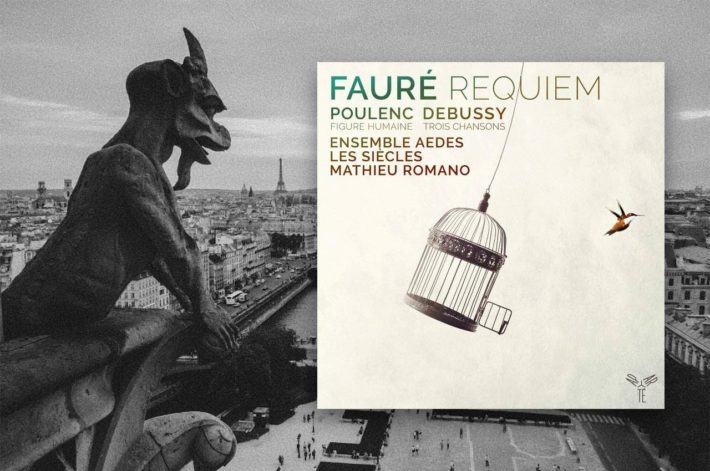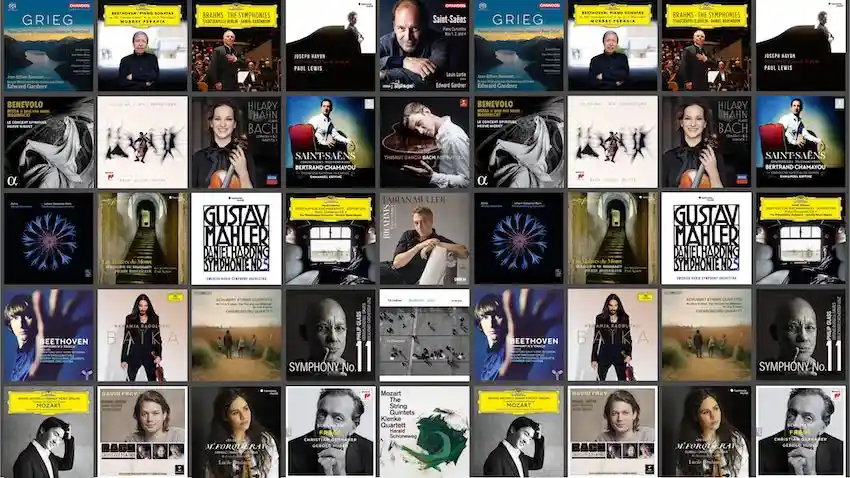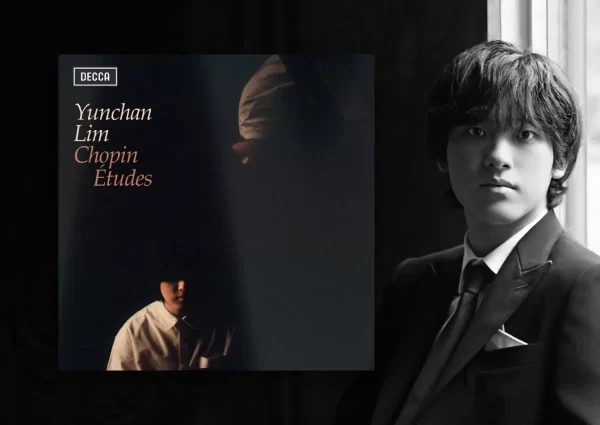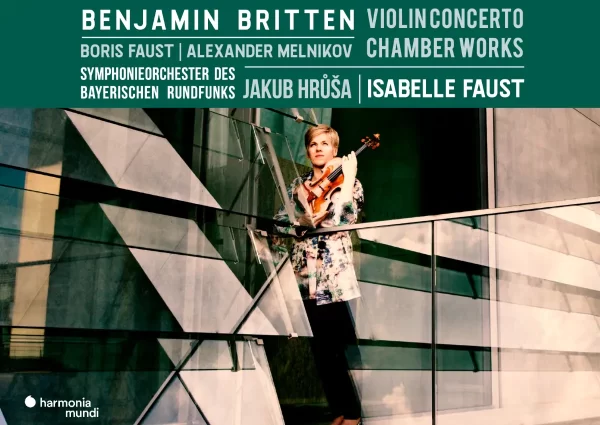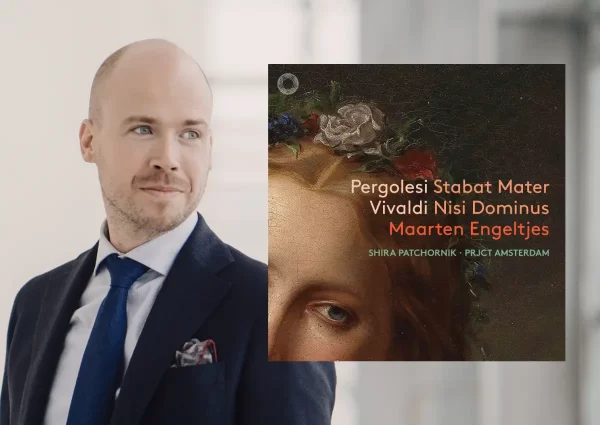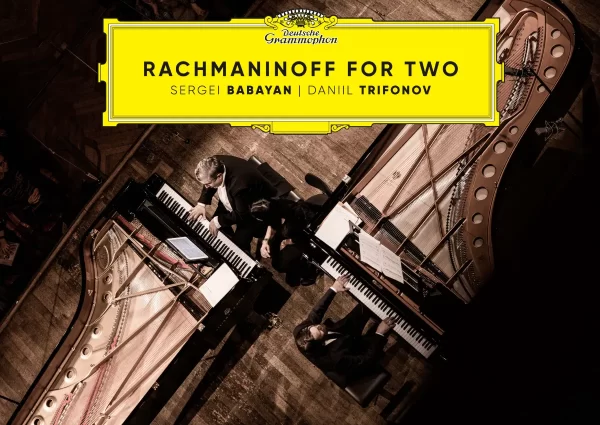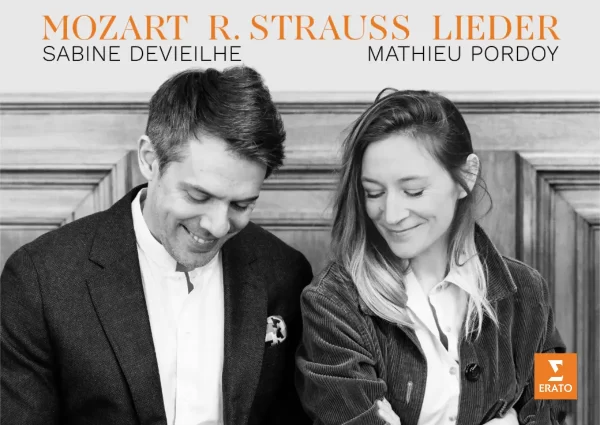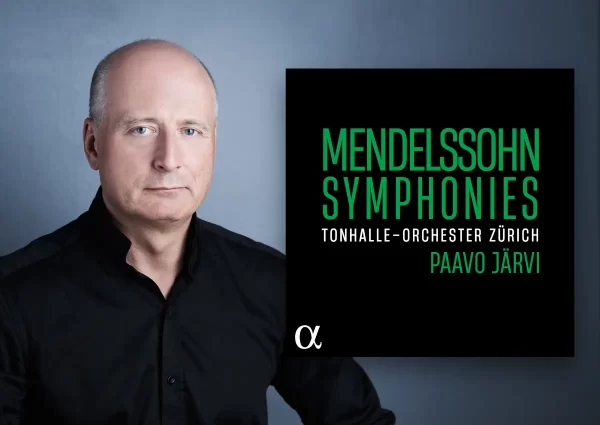These two ensembles have joined forces before, with the wonderful rendition of Ravel’s “Daphnis et Chloé” under François-Xavier Roth (Harmonia Mundi). This time around, this more choir-centric album gives the button to Ensemble Aedes’ founder, Mathieu Romano.
This is Fauré’s original version for the requiem (1893), written for a modest orchestra (with no violins but a single soloist in the “Sanctus” movement). Another, later version for full orchestra was commissioned by the composer’s publisher to be performed on larger halls. Les Siècles, using period instruments, are showing how much thought went into balancing the choir and orchestra to suit the character of the piece. The organ stands as the backbone of the sound palate, with strings support the choir’s upper voices and brass emphasizing high points of musical phrases.
It’s a piece that requires the utmost control from all participants, with sometimes minimal dynamic differences and harmonic tensions that are more hinted than directly projected. Ensemble Aedes is a warm, full and diverse group, showing varied tone colors in the choir part. The “Libra me” movement (track 6) is just one example of how the group moves from the subtlety of the opening phrases to the tremulous “Dies Irae” with flowing naturalness. And indeed, the subtle transitions and endings of each movement are of the many highlights of this release; Listen, as an example, to the serene ending of the third, “Sanctus” movement, where the orchestra, violin solo and choir remain impressively focused.
Get periodic updates about new classical music albums reviews, news and guides.
We respect your privacy.
Baritone Mathieu Dubroca and soprano Roxane Chalard are natural-sounding, blending well with the accompanying orchestra, perfectly suited for the interpretation (lovely French-accented Latin form the baritone at the beginning of the “Libera me”).
This excellent new version can stand alongside the best period renditions of the 1893 version: Philippe Herreweghe is still superb in his first version (1988), and John Eliot Gardiner a more dramatic and direct alternative, with a typically splendid execution from the Monteverdi Choir. For modern instruments alternative, Nigel Short’s version for the LSO label is highly recommended, as well as the still streaming-less version by Mathew Best and the Corydon Singers, on Hyperion.
French Supplements
With the “Figure Humaine”, one of Poulenc’s most celebrated works, the album, enter the A-Capella realm. Here we have a significant contribution to the catalog, a special performance in many ways. First, there’s the transparency. Every word is heard in perfect diction, allowing the listener to fully appreciate the close relations between Paul Éluard’s texts to the music. Next, there’s the recording, which brings forward the intricate exchange of the double choir writing. Some vocal capabilities are not as effortless as in, say, the RIAS version or, again, Nigel Short’s, but there is also more excitement and individuality to the choir. The RIAS members are much more blended together in their version, yet the overall atmosphere is cooler, even detached. Nigel Short, on the other hand, is more opened and sentimental. A good sample of this new version in the third movement (“Aussi bas que le silence”, track 10), which shows how much emotional range and vocal capabilities Ensemble Aedes brings to this performance.
The album finishes with a lovely rendition of Debussy’s “Trois Chansons de Charles d’Orléans”. Here again, it’s a dynamic, emotionally involved performance that is much better articulated and colored than the Monteverdi Choir’s performance, added to their Fauré Requiem album mentioned earlier. With all of the Monteverdi’s supreme control, their version now sounds rather cool compared to this new attempt. In the second movement, Gardiner incorporated a female alto, while here we have a solo tenor. A wonderful album.

Fauré – Requiem, op. 48
Poulenc – Figure humaine
Debussy – Trois Chansons de Charles d’Orléans
Ensemble Aedes
Les Siècles
Mathieu Romano – Conductor
Aparté Music, CD AP201
Related Review:
Follow Us and Comment:
Get our periodic classical music newsletter with our recent reviews, news and beginners guides.
We respect your privacy.

